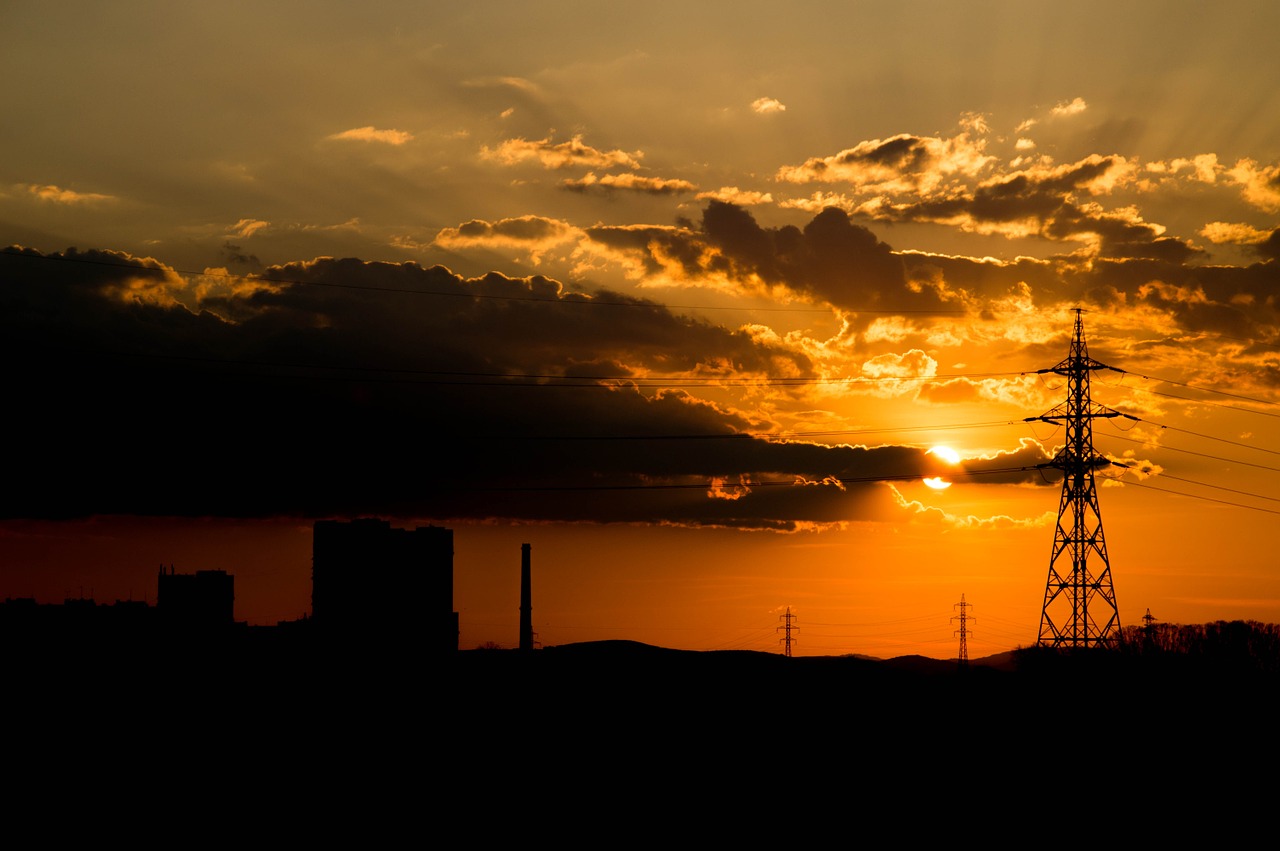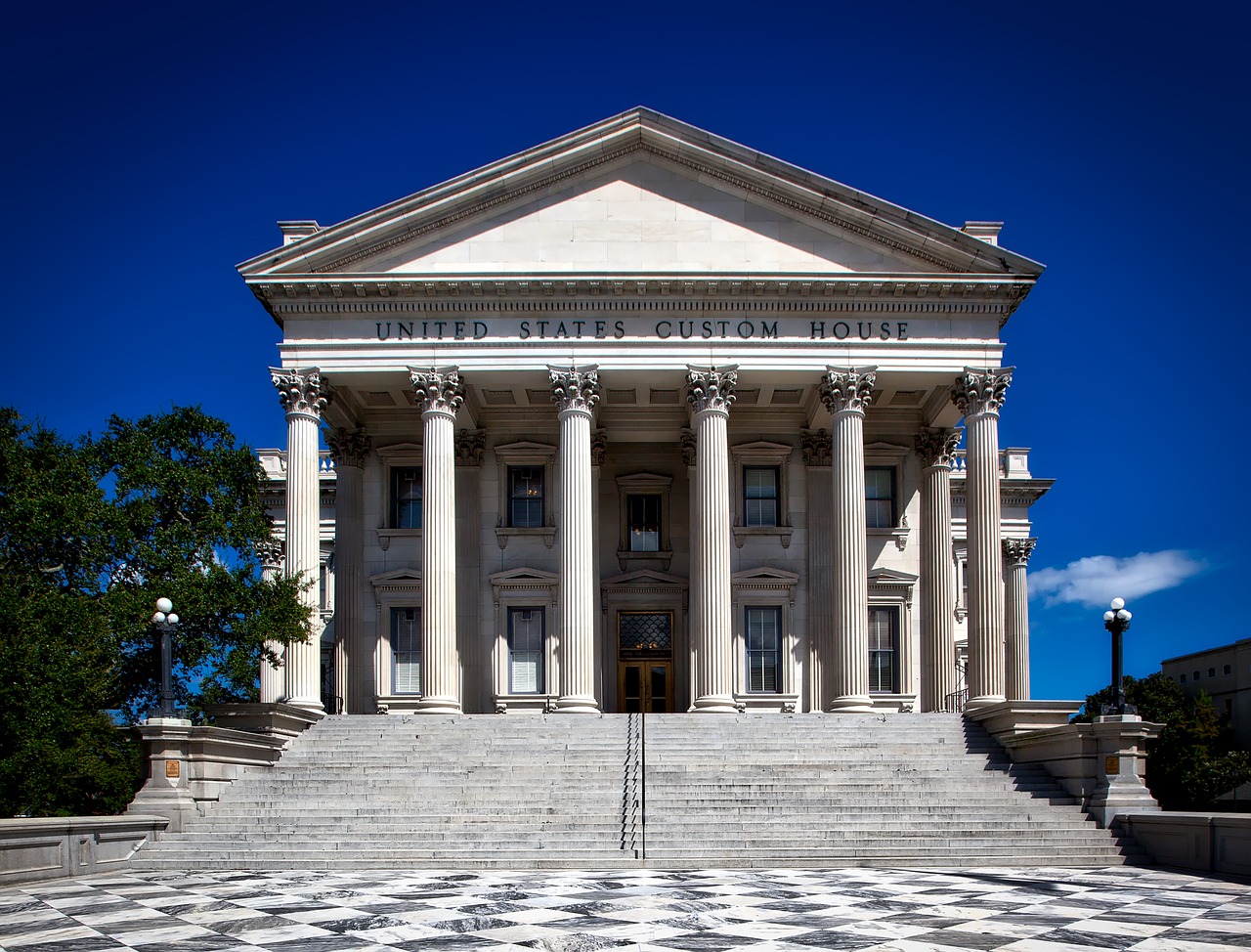By Frank Andorka, Senior Correspondent
What Happened: This is going to shock a lot of you, but utilities would like the solar industry to stop harping on net metering and move to what they call “rate design.”
- K Kaufmann, communications manager for the Smart Electric Power Association (the utilities’ arm of the solar discussion) (SEPA), lays out the case for why moving the conversation away from net metering will help utilities.
- Oddly, however, it doesn’t explain why there would be any advantage to the solar industry to move off net metering.

Is the image of the sun setting on a utility pole too heavy handed? I worry it’s a little heavy handed.
SolarWakeup’s View: Sometimes, the jokes write themselves.
[wds id=”3″]
So over at the Smart Electric Power Association (SEPA) blog, K Kaufmann lays out the case for why the solar industry should abandon its fight over net metering because…I guess…it hurts the utilities’ feelings or something?
The basic argument in the piece, apart from the head-nod to the vague concept of “rate desgin,” is that fighting for net metering sets up a false conflict between the solar industry and utilities. After all, Kaufmann writes, utilities are adding solar at ever-rapidly increasing rates – why isn’t the solar industry telling those stories, huh?
In a vacuum, of course, Kaufmann is right. Utilities are adding solar at an ever-increasing rate. But what her analysis misses is the reason they are adding solar: They’re afraid of losing their monopoly on electricity generation and, therefore, their livelihoods. At least, that’s what most utility executives would tell you if you pumped them full of sodium pentathol and asked.
In one of the most revealing passages in her piece, Kaufmann writes:
From colonial times to present day, the U.S. energy system has been built on successive transitions. The historical record clearly documents that such transitions are, by their very nature, messy, uncomfortable and confusing for all involved.
Who can argue with that? But here’s my question in response: Why should we cling to a distribution and transmission system befitting a 19th century vision of the grid and the means to power it?
As distributed generation grows – by which, to be clear, I mean non-utility-owned solar for purposes of this conversation – utility monopolies are becoming increasingly irrelevant. And while I’d never deny that transitions can be scary, I’d agree with Kaufmann that:
On the upside, they also create a lot of room for experimentation, innovation and cross industry collaboration.
But asking solar to renounce its most potent growth mechanism and put its faith in the benevolence of utilities is an absurd premise unless you are only looking at things from the utilities’ perspective instead of looking at the question from all sides.
This is the kind of reasoning that occurs when the utilities are in control – and that is not in solar’s best long-term interests.
More:
The stories we aren’t telling: Focus on net metering misses the bigger picture (SEPA)



